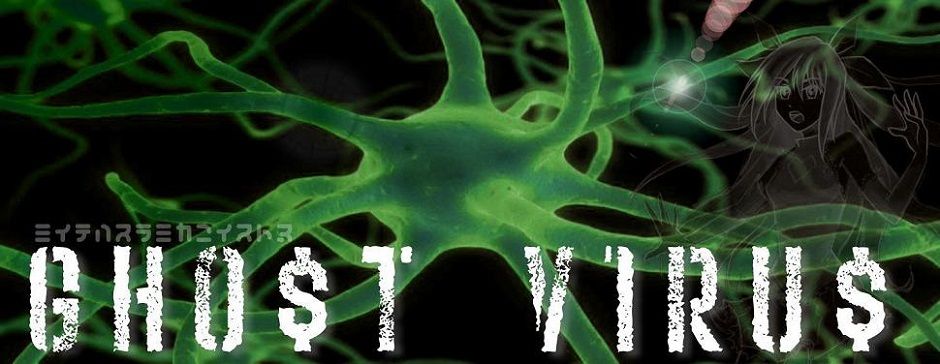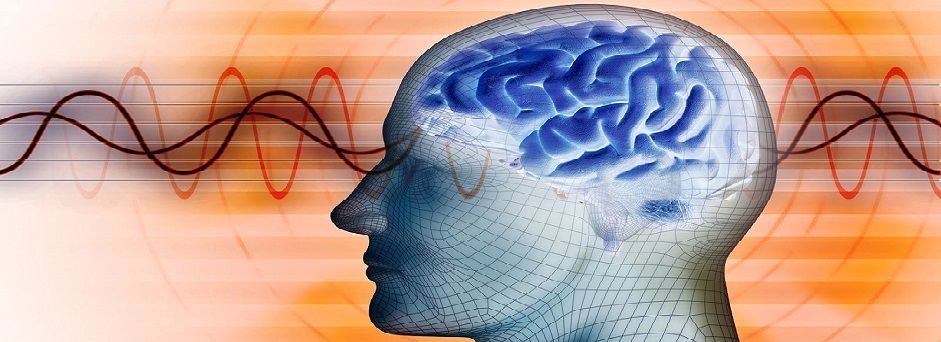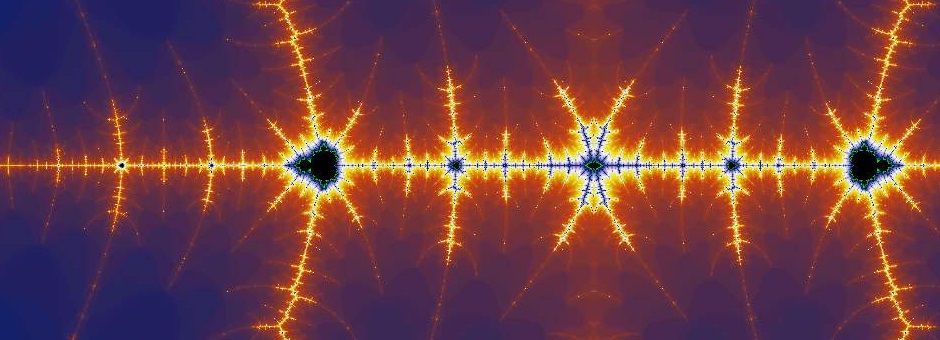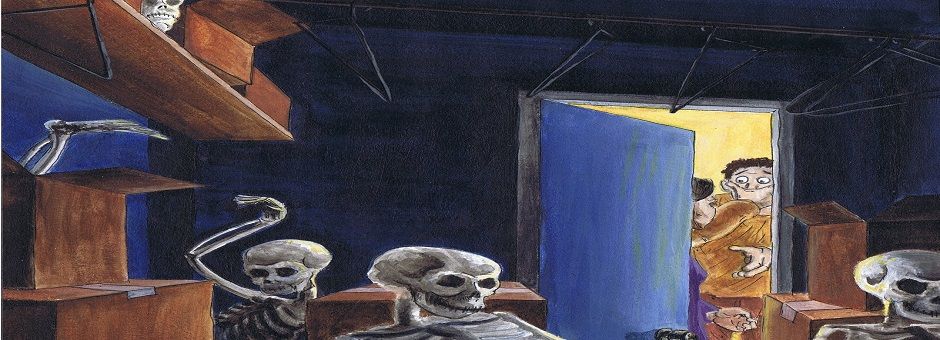Here is a discussion I had with an analytical philosopher. Well I say discussion, he reported me to the moderators and got me banned. I was flaming him but that is how to get people locked in to a dialogue. I guess rather than explain the holes in what he was saying and actually face the fact that he had spewed some very outlandish claims with no basis to back them up, he chose to make it disappear.
People don't like being proved to be wrong, of course there is an evolutionary function for this. However, there is a lot of common misconceptions that people cling to and I want to really highlight these as that is the purpose of this post.
(Note: The original transcript is coloured.)
“I disagree. Experience is a predication of a subject. There must be a thing that is experiencing experience for experience to exist. You saying that experience itself exists is the same as someone who is arguing that 'red' itself exists. But 'red' is not a thing, it is a property that things have (an attribute).”
“No there is just experience. You are simply contradicting yourself here. You are using exactly the same argument for a self to exist and a presupposition. Look.
There is the experience of an object perceived as red object but red itself is a conceptual label for the attributes of red.
There is experience of what exists but self is a conceptual label for the attributes of experience. That is all self is; a concept = a thought. Its not a thing it has no properties.”
So here I am saying that self is a conceptual label for the attributes of reality. Now this does sound strange on the face of it. How can self be a label for the attributes of experience?
Well lets start off by looking at what he said off the bat.
“Experience is a predication of a subject”
Actually experience is a predication of existence. Without existence there is no experience and vice versa. The two are inextricably linked, you can not have one without the other. There has to be a subject to experience existence, that subject is a human being, a lizard or whatever thing you wish to insert in to the equation.
“I” refers to a physical body as there is no self, therefore we still have a subject existing which is necessary for experiencing existence.
We can take this one thing as true from our direct experience of reality. The one thing we know for certain is that there is a body sitting right here right now reading this. That we can be sure of. The body exists, the computer and everything in the room exists. Thought exists, feelings exist, it is all very real.
“There must be a thing that is experiencing experience for experience to exist.”
So we have already outlined that there is a human body that is experiencing existence. We are now inserting this idea of a self in to the equation. Now here is where it gets interesting.
There can only be experience of existence.
How do you layer on another level of experience on top of experience itself? We can boil it down to there is experience of existence and that is as far as we can go.
The statement is misleading but in a logical capacity it sounds as though there is truth in it, so lets pick it apart. Reality usurps everything. If it is not in reality, it does not exist. There is existence of what is contained within reality and there is only the direct experience of what exists.
By virtue of his proposition here, it implies that there is something separate from experience, for experience to exist.
How can anything be separate from experience of existence? It would not exist.
This argument is now logically invalid but to show you how this would work, we can look in to the atomic realm.
Take an atom, what is its direct experience? It is subject to the strong nuclear force holding the nucleus together, It has electrons whizzing round it and it is attracted to other atoms to form stable configurations... molecules. It is subject to fluctuations in heat, energy, and even pressure. Imagine that as there is >99% of nothing in an atomic structure, the electron cloud may undergo compression as it is packed in to a dense space or has force exerted on it.
We know the argument where nothing actually touches, there is just repulsion. That is an atoms experience, which is never static. Now would the atom be experiencing the experience of this? Or would it be more precise to say that the atoms experience is dictated by existence.
Existence itself is the experience of the atom. On an atomic level there is no separation from experience or existence. An atoms direct experience, is of what exists in reality. Since we are made from matter, essentially the only way there can be any separation is by invoking this idea of dualism.
The proposition of experiencing experience itself, does not make any sense for starters but we can provide an analogy of what he is trying to say by looking at virtual reality. So when you are hooked up inside the VR world matrix style, we can look at the qualities of that experience.
Are you experiencing the experience of the virtual world, or are you in fact experiencing existence still?
The virtual world exists inside reality, there is no division in reality, it is contained within reality, or else it would not exist. It is a virtual world but it is a computerised manifestation that exists within reality. Inside the computer there are transistors and electricity running through the circuit boards. Code is being executed by the CPU, which is manifested as a computer world, through the VR feed.
This becomes the direct experience of existence, to the organism in the machine. However, this virtual world is a “mesa – reality”, contained inside of reality. We can take mesa - reality to simply mean the confines of which the organism is subject to.
I.E a mesa - reality is one where an organism, is experiencing a limited segment of the totality of reality. They are unaware of what the full scope of reality is but they are experiencing existence, within these limited confines.
You can not be experiencing the experience of virtual reality, you are experiencing a facet of existence through a computer that manifests this virtual world. Now you can say that you are having the experience of virtual reality because you are separate from virtual reality but...
Virtual reality exists within reality and so do you. Everything exists inside of reality and you can not be separate from reality. If it did not exist in reality it would not exist, it is that simple.
There is no separation from experience or existence.
You could label it as a mesa – reality if you wanted to, because if someone was born and hooked up to this VR machine from birth and fed intravenously, then conceivably it would become the experience of existence for that particular organism.
However, mesa - reality is simply my term for a set of imposed limitations that prevents the organism from experiencing every attribute of existence in this particular instance. The mesa - reality does not actually exist because reality can not be divided at all. Mesa - reality is merely a conceptual label for the experience of this confined existence, that the organism was hooked in to since it was born.
There is a thought experiment where David Chalmers used the matrix metaphor to come to this conclusion.
“Consider a computer simulation in which the bodies of the creatures are controlled by their minds and the minds remain strictly external to the simulation. The creatures can do all the science they want in the world, but they will never be able to figure out where their minds are, for they do not exist in their observable universe”.
Here he has tried to use a mesa – reality to explain why we can not know where our minds are.
Whilst this is logically valid, this assumes that the duality has a physical property, or is commonly known as substance dualism. The only problem this has, is the fact that reality has to be divided in to a mesa reality. We are aware of the universe and what exists in the material world. For this line of thinking to be correct then we have to create a meta – reality, outside of our reality or accept that we are actually in a mesa - reality.
Now string theory indicates there are 6 – 7 dimensions that we are unaware of at present.
So you could argue that we are only aware of a mesa - reality but at no point can there actually be a division in reality. There can be certain facets that we are unaware of but then we would still be experiencing a limited section of reality, with only what we can perceive forming the constraints of our mesa – reality.
Mesa and meta – realities, are not real divisions in any way, they are simply a conceptual labelling for any apparent constraints in our perception. So whilst we could argue that there is a self beyond what we are aware of, if we actually take the time to look in reality we can see that this in fact totally false.
There is no you in real life. Actually have a look at this and see if there is any truth in the statement... We can argue about this all day and get nowhere but if you actually took the time to look in real life at what is true, then you would be able to see this as the truth. There is thought that occurs, there does not need to be an entity controlling it, life actually lives itself, it always has done.
Just look at this one thing; is there a you?
Whilst the argument is logically valid here, we can know by observing reality directly, that the self is totally illusory. For all the noise that anyone can make about logical arguments, we can simply prove this by looking in real life.
The self is false, it is completely illusory, you are only a thought. Yes it is logically possible for substance dualism but it does not prove in anyway that it is real. The whole non duality thing is real, there is no separation from experience or existence, you can prove it for yourself by actually looking in real life.
So you can make an informed choice here about which is more likely:
a) There is some magical spirit or transcendental soul that inhabits every human body, that is separate or exists beyond our reality.
b) The self is an illusory construct of thought that was necessary in evolution but actually causes thought to feedback in to itself, which can give rise to anxiety and depression in some cases.
Before you choose, use occams razor...
Footnote:
Take a feral child for instance, its mesa - reality is within the confines of being a pack animal. It can experience existence but that is it. There is no separation from experience and existence. The feral child IS directly experiencing existence. Its experience is limited to pack animals behaviour. Interestingly enough, if there was actually a self, then how would this self be hampered in its development? By virtue alone this process demonstrates that “you” can only be what you think you are and if self can only be what you can conceive it is, then self must only be a thought.
Then who is doing the conceiving? No one is, its the brain.
You could say that the child's experience is of the animals life and the experiencing of that mesa - reality indicates there is a quality to it that can be experienced but reality usurps everything, there can only be experience of what exists. There is no division between experience and existence.
So now we are ready for this:
“You saying that experience itself exists is the same as someone who is arguing that 'red' itself exists. But 'red' is not a thing, it is a property that things have (an attribute).”
Experience and existence are not mutually exclusive, they are one and the same. You can not have one without the other. It would be easier for us to say what can be perceived is direct experience of existence.
The OP actually only said “there is experience” but our friend here took it to mean it as an argument for a physical thing.
There is thought, feeling, incoming sense data and there is the direct experience of these things. That is all. There is only an illusionary reference to “I”.
Because of the chunk level programming of the brain, we have thought patterns. Through the “I” function, the brain labelled a false entity responsible for the generation of thought patterns. Tests show that any control you think you have is illusory. You can do these tests on the experiement pages here.
In fact what is happening is the body takes action and the corresponding thoughts are generated afterwards. Therefore self is a label for the properties of experience. Self is actually a belief, it is only a subjective map of reality.
We can experience the thought of “I” but it is not a real thing, it is a conceptual label and only a falsely perceived attribute of experience, caused by the brain being conditioned to believe it is real.
Since self does not exist, it is literally only a manifestation of thought. It has no properties other than a subjective label.
Much like the water in a mirage is perceived, it is not real and has no influence over reality, save those that believe the illusion is real.
Might sound far fetched but what if it was actually true in real life?
There is no you, you are an illusion. Actually have a L@@K in to this and see if there could be any truth in this statement.
“There must be an underlying thing for enlightenment to be achieved. Enlightenment is a state of being; it is understanding. There must be some being that exists to have a state of being. The state itself is not a being”.
“No enlightenment is not a state of being. It is not a state of being or else that would require a shift in the brains neuro – chemistry. A state of being is emotional and feeling. It is called a state because in that snapshot of time, there is a configuration of chemicals being on specific receptors and the corresponding nerve impulses. These things are goverened by the brains biochemistry, that is transient in itself.
There does not have to be a self to have understanding there is only the brain understanding. There is a being that exists, a human one. The state of being occurs within the human being. To “have” a state of being means to be separate from the human being, how can that be? You have created a dichotomy. How can you be separate from the human body to own the experience of it?”
In particular this section demonstrates a common misconception that people have about enlightenment. First of all, enlightenment is not a state of being, it is truth realisation. When we talk about a state of being, we are talking about an objective state. In any given snapshot of time, state refers to a physical configuration.
Now if a human being could reach an enlightened state, that would mean that there would be some kind of special configuration such as a change in neuro - chemistry. This obviously is not true. There is just direct experience of existence that is not filtered through an illusory entity of self.
That opens up the real clarity of seeing that liberated people have. It is not cosmic understanding, it is simply the lenses that blur reality are removed and there is clear seeing of what IS.
“I'm not a brain; brains aren't conscious temporal things like me, but they're material spatial things that 'exist' when they are perceived by conscious temporal things. This doesn't mean that brains don't exist in time, but they don't exist in time like I exist in time”.
“Bwahaaha!!!
So you are saying that the brain is not conscious? Here you are trying to say that the brain exists when it is perceived by you “ a conscious temporal thing”. How do you propose that you are separate from the brain? Would you have to exist outside of reality to interact from outside of the brain or would there be some kind of special division in reality for you to exist? You are talking absolute retarded shit here pal.
So how do you propose a brain exists in time, in any different way that you do?
I mean listen to yourself, you claim you are separate from the brain and your body and you claim that you don't even exist in time in the same way that it does?
WTF are you talking about you moron?
To be this, you would have to be outside of reality, how exactly do you propose this is possible?”
Here we have a classic delusion of what level the self operates on. As we know in order to have thought, you have to be separate from it. I can not have ice cream if I am ice cream.
There is a human being that experiences existence, that is as far as we can boil it down. To have thought or experience means to be separate from.
If this is the case where exactly are you then?
Which part of the brain is called self?
Would you have to be separate from the experience of existence to “have” thought?
Thought occurs within the human body, there is no separation from existence or experience. To “have” thought means to be separate from it. There is experience of existence, thought feelings and the sense data naturally occur within existence, there is no separation from this, it is logically impossible.
In this particular case the guy thinks he is separate from the brain but this is quite a common misconception and many people believe this until they actually begin to analyse what is happening in real life.
“I may have material causes to my existence, but my existence is not purely a process because I have temporality”.
“No you don't have temporality because there is just the impermanent nature of reality.
How can you own the impermanent nature of reality, how can you actually “have” temporality, that would mean you were separate from the temporality.
And what are the material causes to your existence then, what is the single thing that causes experience?”
Here again we have this magical thinking that many are unaware of. When we think in terms of “we have” it implies necessarily that we are separate from it. In this case the guy here thinks he is separate from temporality. It is so simple really, because we view everything through a separate sense of self it totally seems logical to say we have arms and legs.
This is because there is the illusion of duality, the perceived nature of a self being responsible for the thought and actions that arise. To put it simply, as we are conditioned to this dualistic world view, it is none sensical to say that we don't have arms and legs. However, language is naturally dualistic in nature. There are arms and legs on a human being but they are not your arms and legs, there is no separate entity to do the owning.
Many people have written about this topic so I shall leave it be for now but if you are not convinced then look and see if it is actually true; there is no you in real life, you are an illusion.
“My existence is not passive receiving the word, but I actively participate in the world as time flows”.
“Time is an illusory concept, much like your argument for the red being an actual thing. Yes there is the ever changing nature of reality, we have merely made a concept up about it we called time. It is a useful thing and we should keep it but it is a conception. Nothing exists outside of the present moment.
You do not actively or passively participate in the world because there is no you in real life, LOOK. Life lives itself it always has done.”
Makes sense really, there must be an entity actively participating in the world. There is. A human being. The human being exists, you and the self image that has been constructed is an illusory fantasy to put it simply.
The human interacts with the world and as it goes about its business of survival and replication, it generates corresponding thoughts that un - liberated people believe reference a real entity.
No
Quite simply you do not exist in any way shape or form, you never did, “you” is a thought, nothing more. Post liberation not a lot changes, there is still thought, things are the same but there is no attachment to outcome, and negative thoughts no longer spiral out of control. You have the freedom to live life with the full range of human experience, not get overwhelmed and have a degree of serenity of being. It requires NO belief whatsoever, in fact it is the opposite of belief. It is questioning what is really true in reality, so take this opportunity now to actually investigate what is real, that is my challenge to you.
Undertake an assessment of what you thought was true by starting to build up your conceptions from the ground up. Yes, this takes effort, courage and honesty. That is a small price to pay for the clear seeing and truth realisation; there is no you, you are an illusion. You can argue with me all day about this but.... but.... How about actually doing the looking required to see if it could be true.
All you have to do to disprove it, is actually look at it honestly. If you can do that and prove it wrong, then you will save me a great deal of time and effort. I have written hundred of thousands of words since I was liberated (not all on here) if not over a million. I would like to be able to zen out in peace but while the world is fucking itself up, I can not stand aside and watch. Take it on, see what is real, do the numbers and see if it figures, then actually see the truth in it; there is no “you”.
And finally:
“Either way, the argument in the OP is a terrible argument”.
“Then what is your argument? A total delusion. There is nothing in your argument that has a single shred of truth in it. Look at the dog shit that you have spewed here, it is absolute nonsense drivel”.
Enough said for now, so yeah have a look. Could it be true?






















